Are there rules in Alcoholics Anonymous? Well, no. Suggestions, yes, but no rules. Instead, AA developed Traditions to keep AA from destroying itself from within. And out of that process we have Rule 62.
Rule 62 originated in what was known as The Middleton group. They decided it would be a great idea to build an elaborate space for those that wished to overcome drinking. The intent was to allow people in recovery to get needed medical care, maybe some residential type recovery and AA program support in group meetings, among other fun things. Sounds like a good idea on paper.
However, the organizing group also decided that there should also be a list of rules and regulations for everyone to follow. However, because they requested input from everyone, Rule 62 was eventually added to complete the list of 61 other rules that were posted.
Rule 62 simply states, “Don’t take yourself so damn seriously!”

Alcohol Use Disorder
Alcohol Use disorder is, of course, a serious matter, and because of it, life became a serious and difficult slog for many of us. Then, naturally, when we got sober, we took our sobriety and the program seriously.
However, because we sometimes tend to take ourselves a little too seriously, Rule 62 is still there to remind us we are trying to be rid of the handicaps and symptoms caused by addiction and begin living a happy, joyous and free life.
The long term health consequences of alcohol use disorder and substance use disorder are serious enough. And a recovery program is also a serious undertaking. However, the twelve steps and all the other activities we do are there to help us achieve some balance in our lives.

Alcoholics Anonymous
The Third Tradition of Alcoholics Anonymous states, “The only requirement for membership is a desire to quit drinking”. You don’t even have to actually quit drinking alcohol! You simply need the desire to quit. You are a member of AA, if you say you are.
During the development of the traditions, and because people generally like to exclude anyone who isn’t exactly like them, the original AA members wanted to ban, “outsiders” for many reasons, including those who used other drugs. Well, the problem with that is, of course, where do you draw the line? Will there be a list of these substances posted somewhere? Will we have AA police? Will there be 63 rules?
The Recovery Process
Because they work so well for so many people, the 12 Steps AND 12 Traditions are involved in every variety of 12 Step recovery process. As people are fond of pointing out, the Steps keep us from further harming ourselves and others and the Traditions keep us from harming each other.
The traditions were originally developed by members of Alcoholics Anonymous through painful life experience. And because of the Traditions, there is no need for AA police.
Alcohol Addiction
In trying to exclude some people from joining AA, the original members finally came to realize that they were being intolerant, and that part of working the steps involved dealing with our own feelings about character defects. They realized that fear was behind this desire to exclude people.
For more information about how the Traditions came about, the NY Office publishes a pamphlet, which you can find at most AA meetings; or you can get one from The AA Central Office in your local town. Or pick up a copy of the book “Twelve Steps and Twelve Traditions”, as well as the Big Book.
Drinking Alcohol
The Big Book of AA outlines the negative effect alcohol had on us and gives us clear cut instructions to dig our way out.
Drinking and getting high became a serious way of daily life for many of us. Thankfully, in 12 step meetings all across the United States – from Southern California to Maine – the advice, “Don’t take yourself so damn seriously” underlies the process of recovery.

Turning Point of Tampa
Turning Point of Tampa offers a full continuum of care with Medical Detox, Residential Treatment, Day Treatment with housing (PHP), and Intensive Outpatient Treatment (IOP) for alcohol addiction and drug addiction. We also offer treatment for eating disorders and co-occurring disorders.
Every admission at Turning Point of Tampa goes through a nursing assessment which is reviewed by the medical director. In order to establish an appropriate level of treatment services, it is important that we know as much as possible about our clients’ substance abuse history, as well as any medical needs they may have. We believe this knowledge will also enable the client to be successful in their recovery efforts.
Turning Point of Tampa’s goal is to provide a safe environment and a solid foundation in 12-Step principals, in tandem with quality individual therapy and group therapy. We have been offering Licensed Residential Treatment for Substance Abuse, Eating Disorders and Dual Diagnosis in Tampa since 1987. If you need help or know someone who does, please contact our admissions department 24 hours per day.


